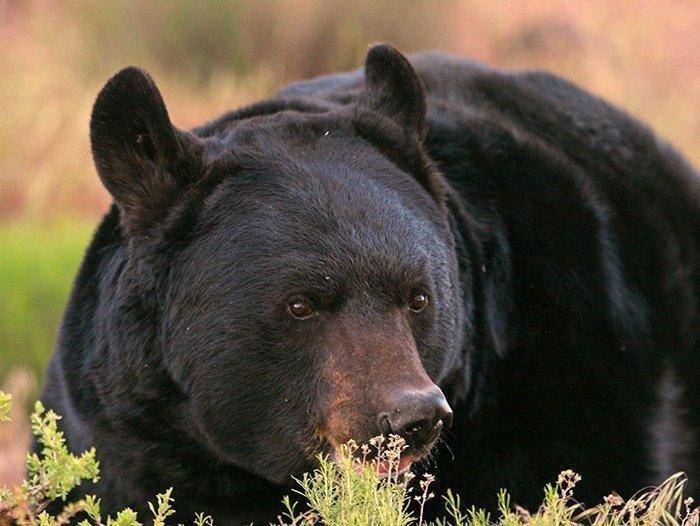DWR Press Release
More people in Utah’s backcountry means more encounters with bears
You might be surprised to learn how simple it is to avoid a negative encounter with a black bear. If you remember two simple things — and then do those things in the outdoors — you’ll greatly reduce the chance that a black bear visits your campsite or cabin area:
- Keep the area clean. Don’t toss food scraps and trash around. Instead, put it in trash bags, and store it in a place where a bear can’t get to it. When it’s time to go home, take your trash home with you.
- Store your food in an area where a bear can’t get to it.
Darren DeBloois, mammals coordinator for the Division of Wildlife Resources, says black bears have an amazing sense of smell. And they have no problem eating the same type of food people eat.
“Even though they’re incredibly strong and surprisingly fast,” DeBloois says, “like most wildlife, black bears will typically do everything they can to avoid people. When a bear finds food, though, that all changes. Once it finds food, a bear will often become aggressive towards anything it perceives as threatening the area where it found the food. That includes people.”
DeBloois says keeping your campsite or cabin area clean lessens the chance that a bear will smell food and trash, and be lured to your camp. And, if a bear does find your camp, if it isn’t rewarded with food, it will often move on.
DeBloois provides the following tips to keep both you and the bears safe:
Safety tip 1 — Store your food and items that are scented, such as deodorants and tooth paste, in an area where a bear can’t get to them. Storing them in a locked trailer, or locking them in the trunk of your car, are good choices. Storing food and scented items in these areas will reduce the chance that a bear smells them. And, if a bear does makes its way to the area where you’re staying, if it isn’t rewarded with food, it will likely move on.
Safety tip 2 — Keep your cooking grill clean. After you’re through eating, clean utensils and anything else that was used to prepare or eat the food. Also, don’t dump oil or grease from pots or pans onto the ground. Put the oil or grease in a container, and take it home with you.
Safety tip 3 — Don’t toss food scraps and other trash around your campsite or cabin area. Instead, put it in trash bags, and take it home with you. Keep your campsite or cabin area clean.
Safety tip 4 — Never feed a bear.
More tips on staying safe in bear country — including what to do if you encounter a bear while hiking — are available from Wild Aware Utah. The DWR also provides additional tips online.
A video about bear safety is also available on the DWR’s YouTube channel. The video shows what a bear will do if it finds a campsite that isn’t clean.
You’ll be helping the bears too
In addition to keeping yourself safe, you’ll be helping others who camp in the area after you. And, you’ll help the bears too.
DeBloois says a dirty campsite can attract bears long after you’ve left. “If a bear visits the area after you leave,” he says, “and then someone comes into that area to camp, you’ve created a potentially dangerous situation.”
Once a bear loses its fear of people, wildlife biologists and officers are left with something they dread: having to euthanize an animal to keep people safe.
“We got into the wildlife profession because we love wildlife,” DeBloois says. “We enjoy managing and protecting animals so Utahns can get outdoors and enjoy them. Having to euthanize an animal — because someone didn’t do something as simple as keeping their campsite clean and storing food in a secure area — is tough. Please don’t put us in that situation this year.”

